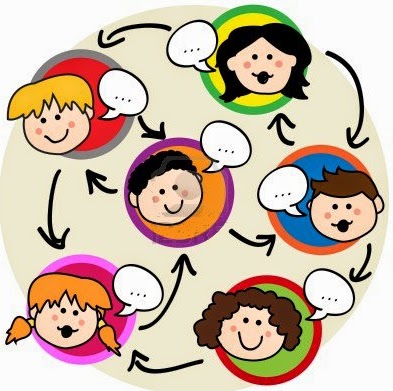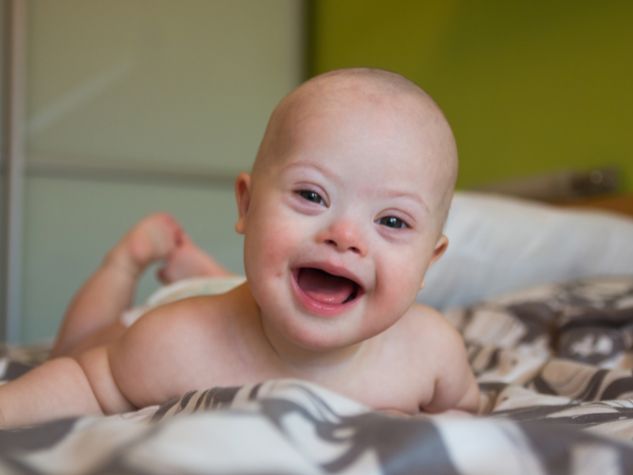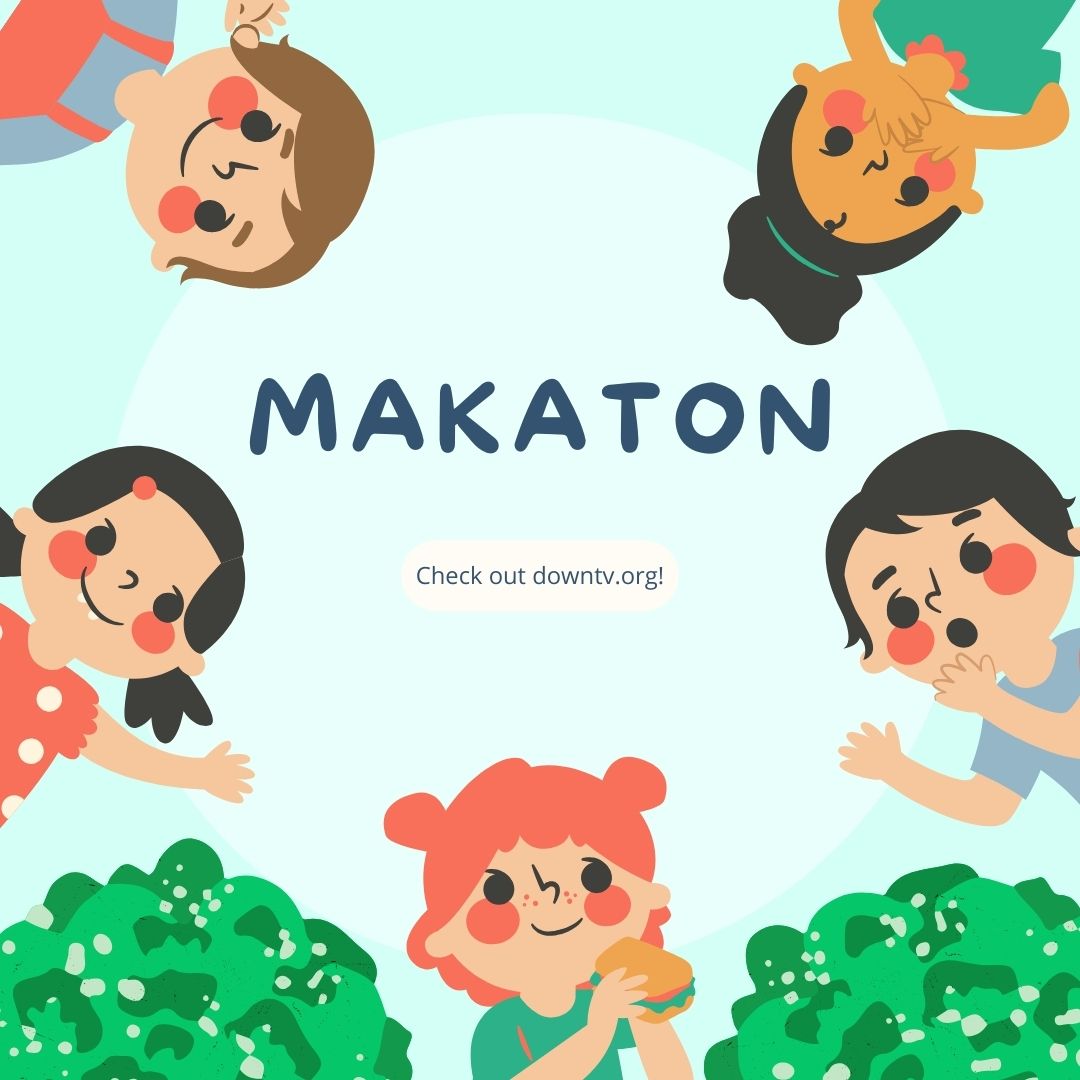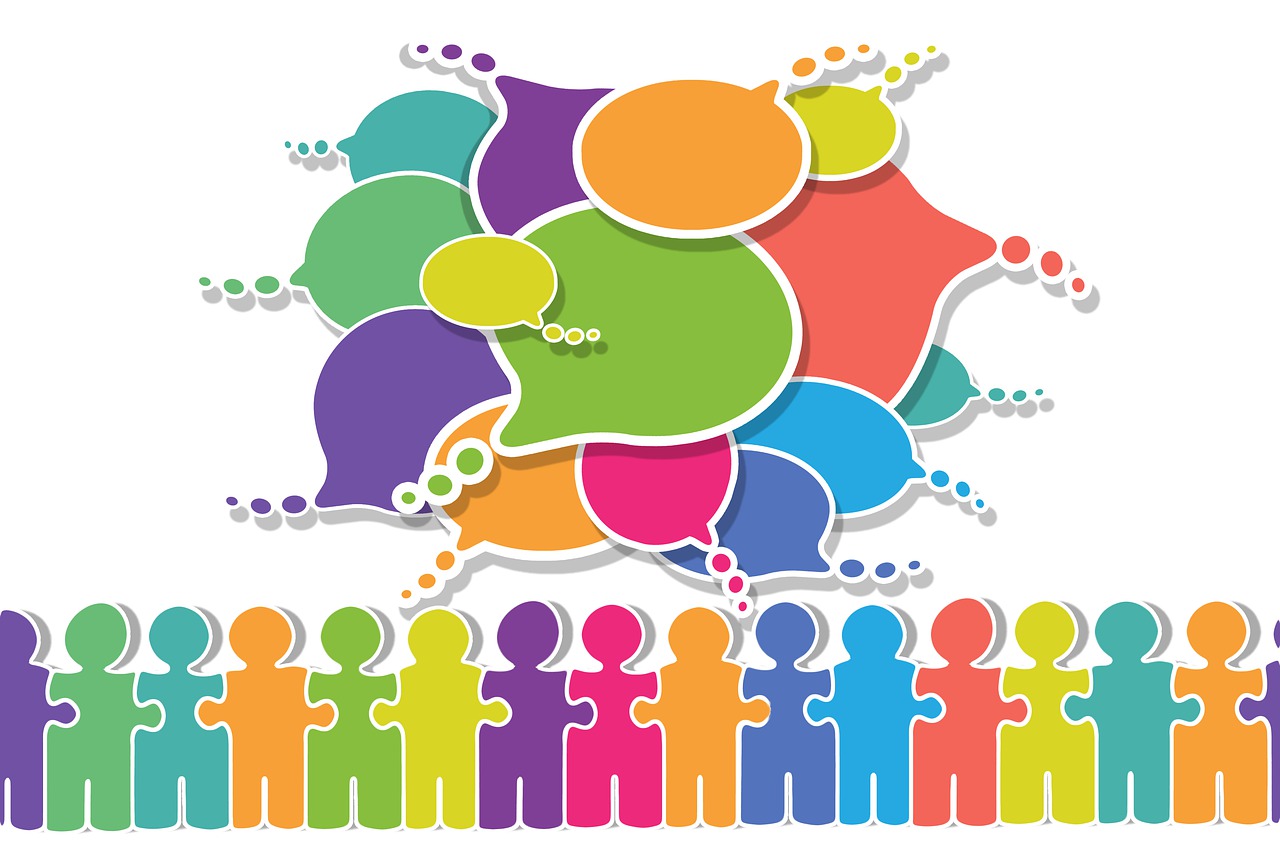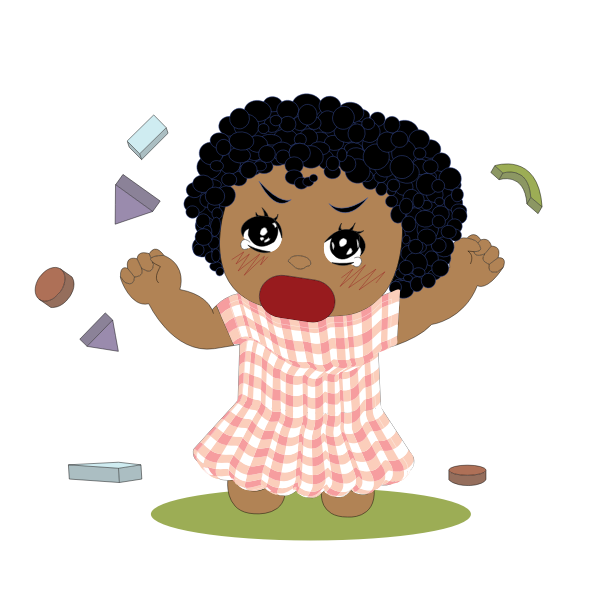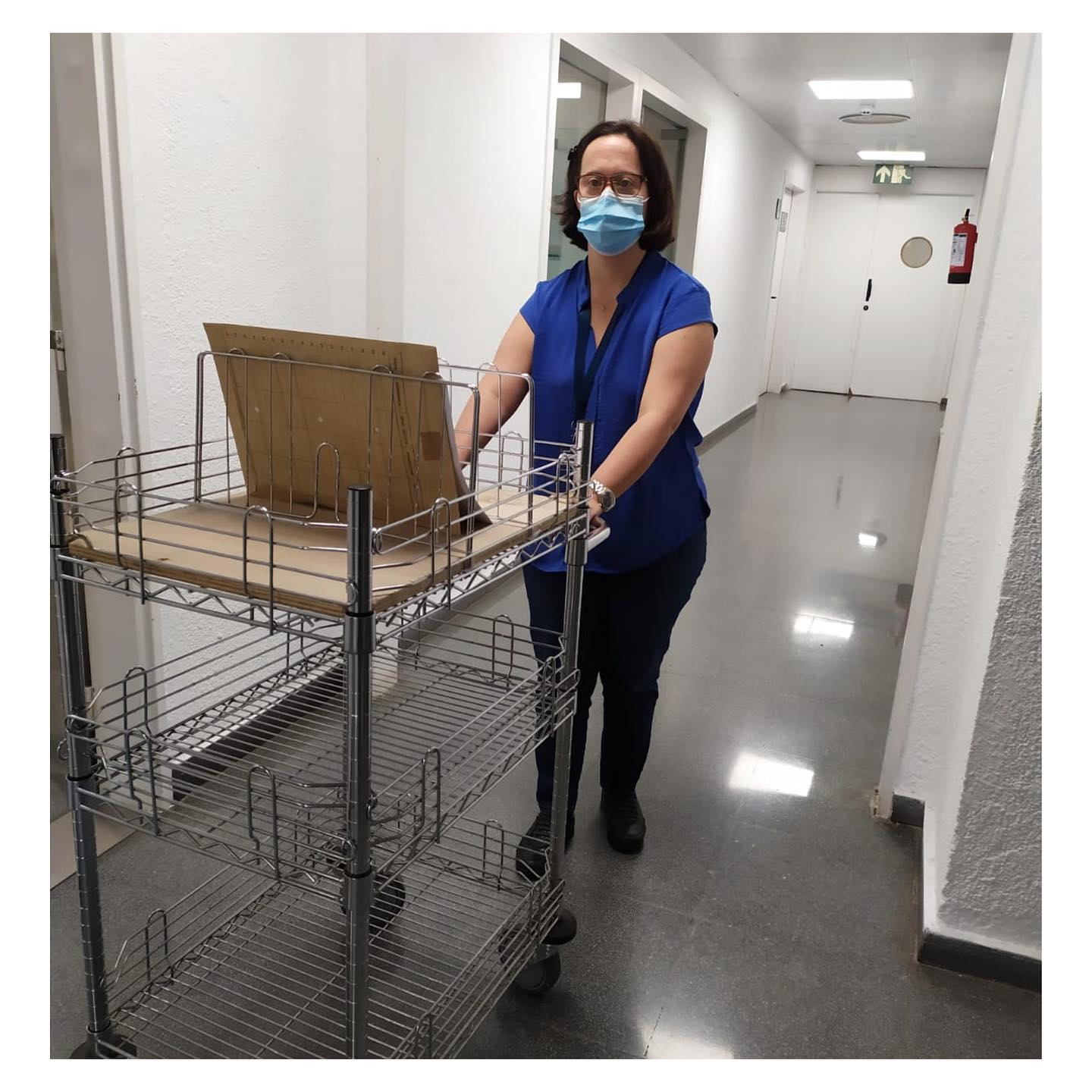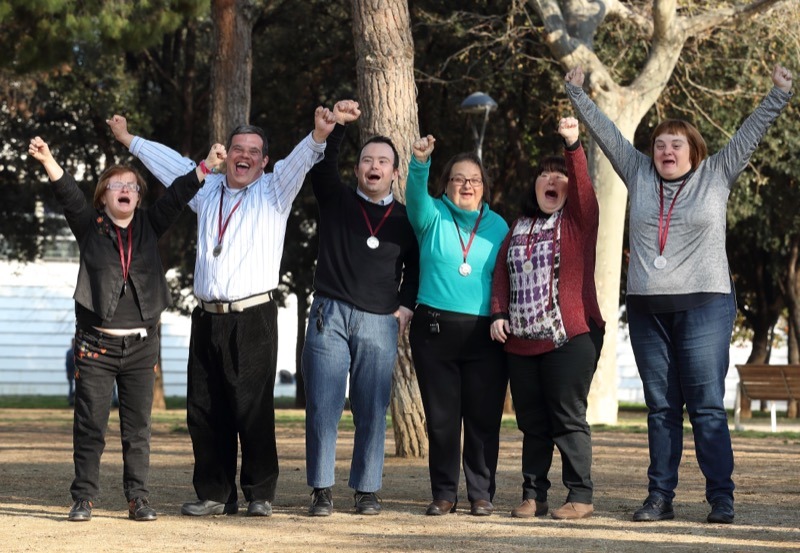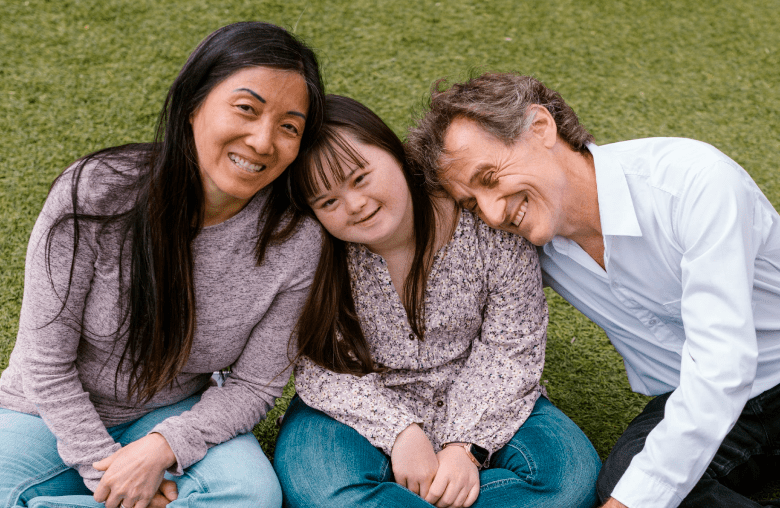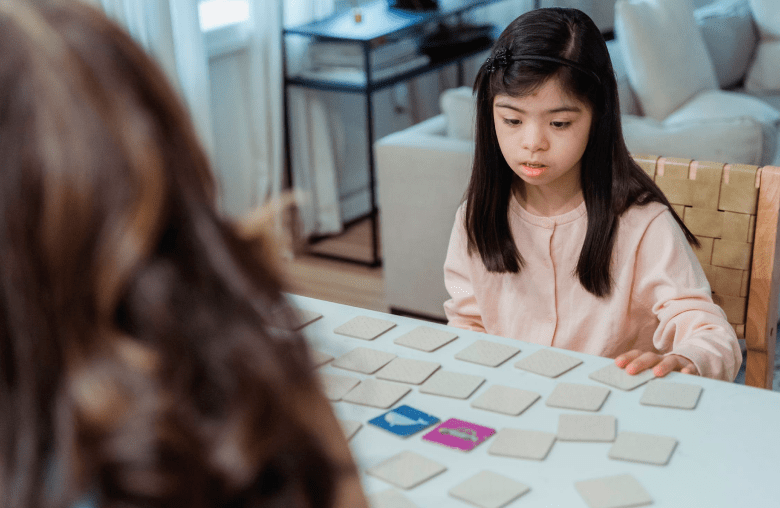When it comes to improving language skills for children with Down Syndrome, it’s important to provide them with supportive and inclusive environments that foster their development. Here are five ways to help improve language for kids with Down Syndrome:
- Early intervention: Begin intervention as early as possible to support language development. Early intervention programs can provide specialized speech and language therapy tailored to the unique needs of children with Down Syndrome. These programs focus on building communication skills through play, music, and other engaging activities.
- Use visual aids: Visual aids can be incredibly helpful for children with Down Syndrome as they often benefit from visual learning. Incorporate visual supports such as pictures, gestures, sign language, and visual schedules to enhance understanding and language comprehension.
- Encourage speech and communication: Create a rich language environment that encourages speech and communication. Engage in frequent conversations with the child, using simple and clear language. Provide ample opportunities for them to express themselves, share their thoughts, and practice new words and phrases.
- Utilize augmentative and alternative communication (AAC) systems: AAC systems can assist children with Down Syndrome in expressing themselves when verbal communication is challenging. AAC options include picture-based communication systems, sign language (here is a link to some videos related to sign langage) and digital devices with voice output. Collaborate with a speech and language therapist to determine the most suitable AAC system for the child.
- Support social interactions: Language development is closely tied to social interactions. Encourage the child’s participation in social activities, such as playdates, group activities, and peer interactions. Engage in turn-taking games, storytelling, and pretend play to foster language skills and social communication.
Remember, each child with Down Syndrome is unique, and their language development may vary. It is important to work closely with professionals, such as speech and language therapists, who can provide individualized strategies and support to help each child reach their full potential.
